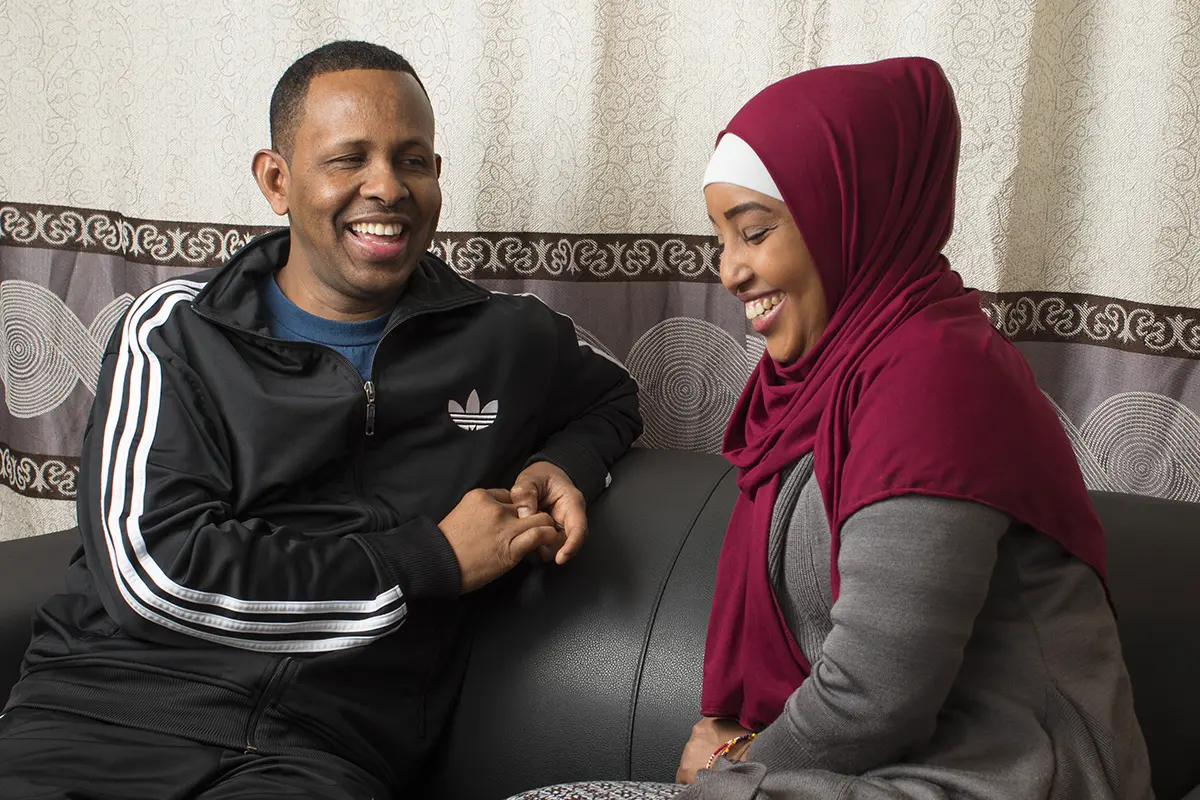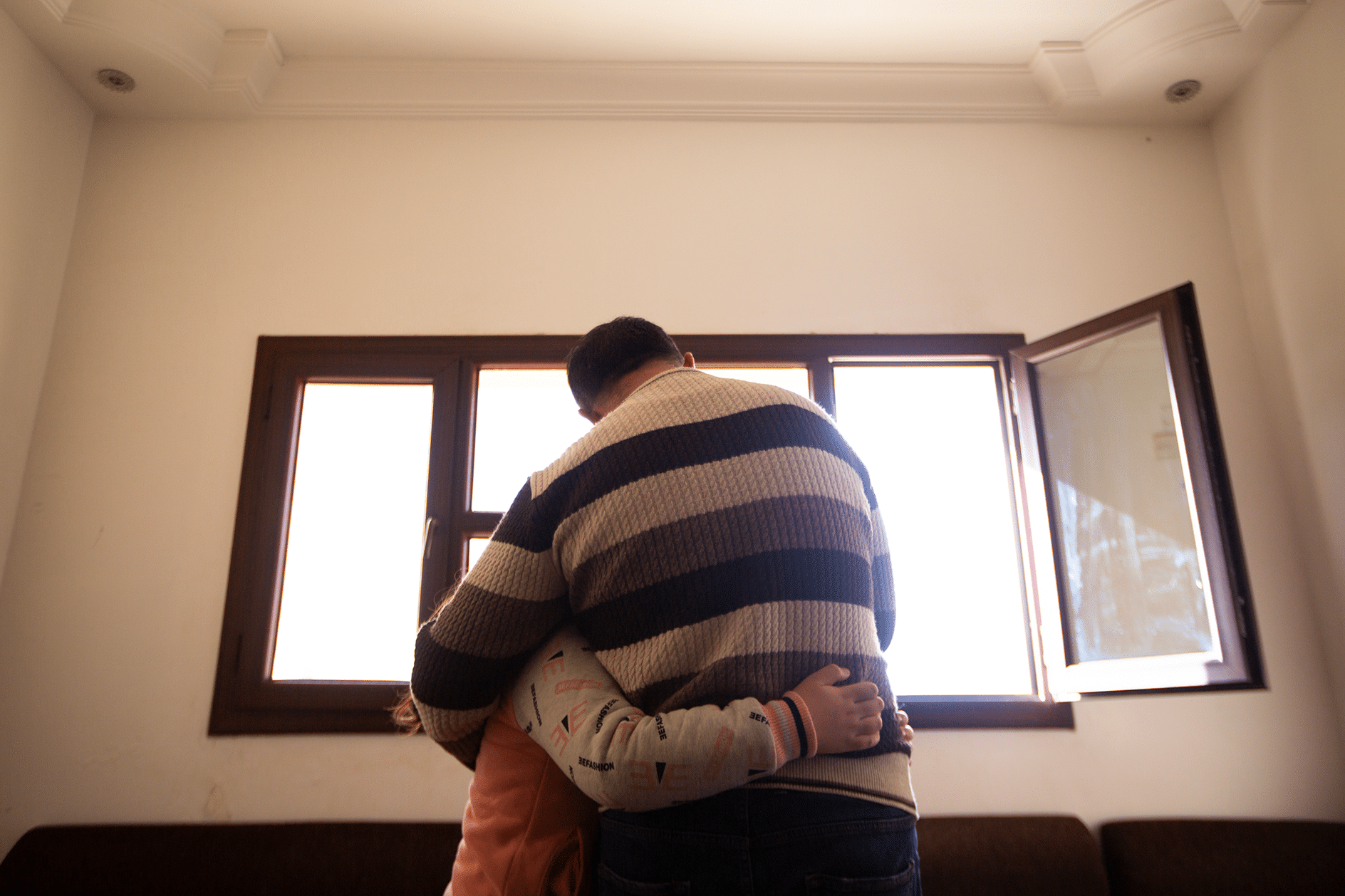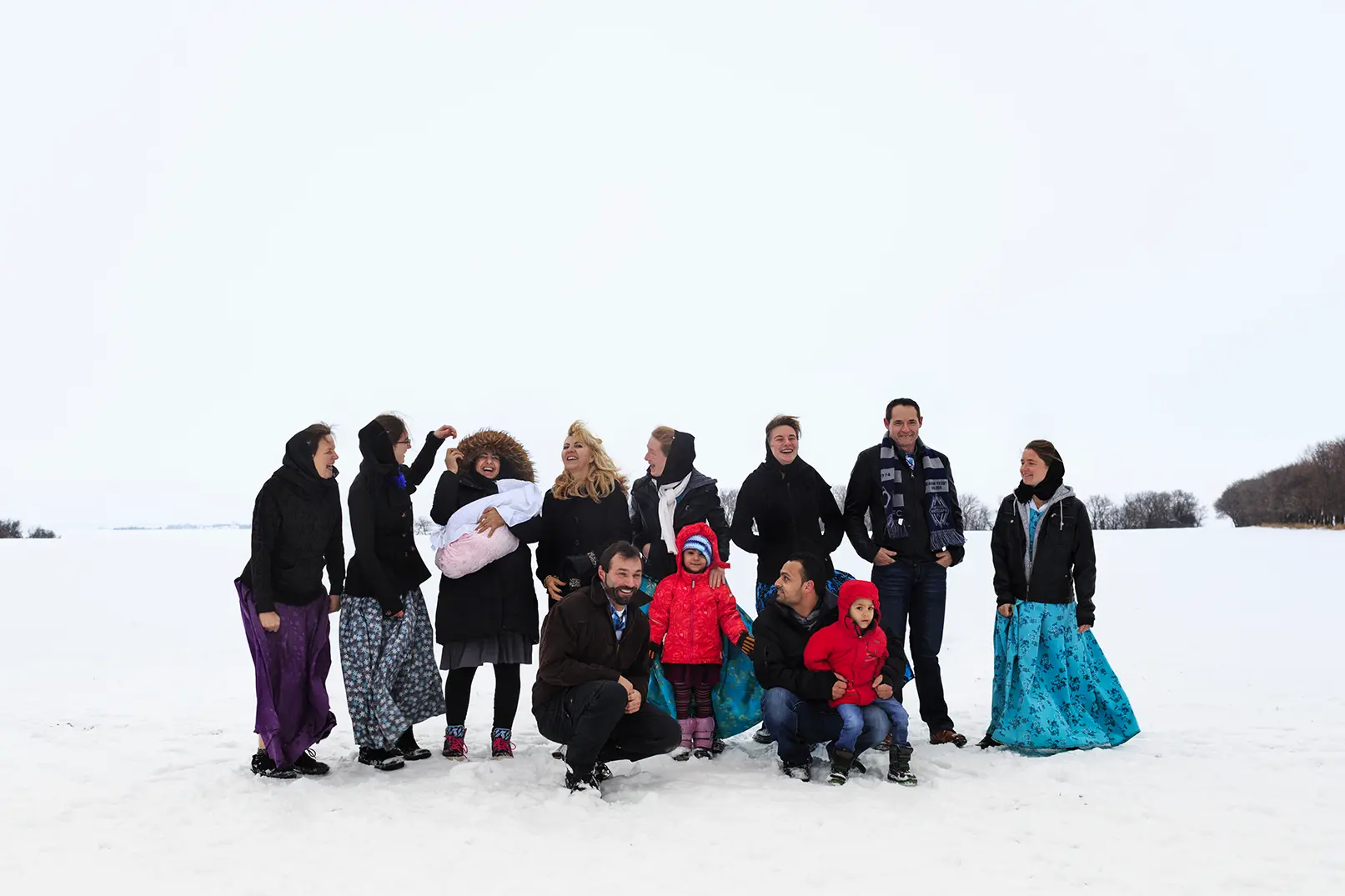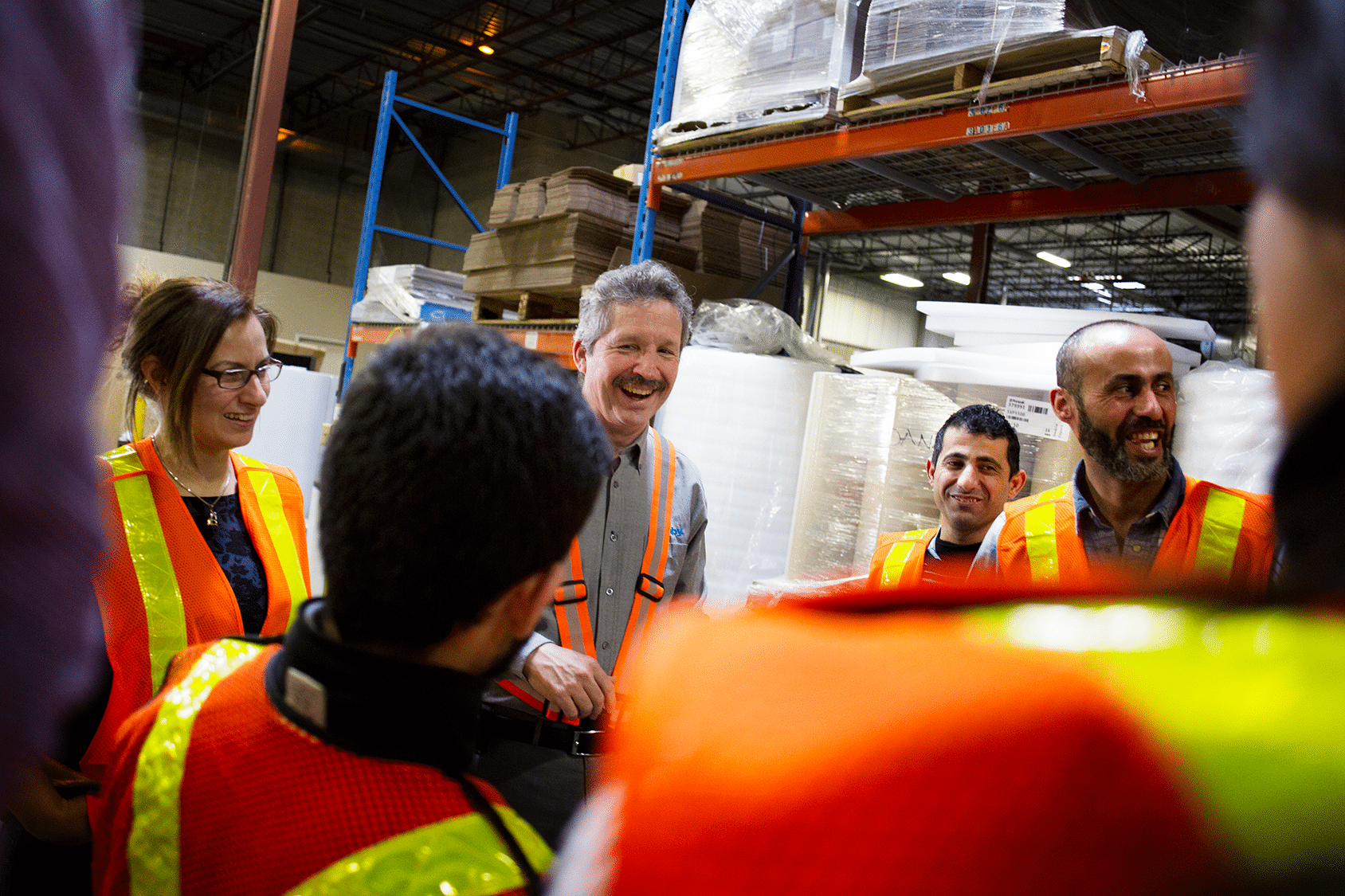UNHCR’s role in resettlement
We work hard to protect and assist refugees, but our ultimate goal is to find solutions that allow them to rebuild their lives in dignity and peace. One of these solutions is called resettlement.
Photo: © UNHCR/Annie Sakkab
There are more than 43.7 million refugees in the world. But only 85, 000 refugees were resettled by the end of June 2024– this represents only 4 per cent of the global estimate of 2.4 million people in need of resettlement.
Refugees may be denied basic human rights in the country where they found refuge. Their lives and freedom may still be threatened, or they may have specific needs that cannot be addressed in their host country. Through resettlement, UNHCR helps them relocate to a third country.
Resettlement is the transfer of refugees from an asylum country to another State that has agreed to admit them, grant them the right to permanent residency and, eventually, give them the chance to gain a new citizenship. It is one of the three solutions – along with voluntary repatriation and integration in the first country of asylum – that can end the cycle of displacement so that refugees can rebuild their lives in a safe environment. Learn more about refugee resettlement and find out how UNHCR helps resettle refugees.
Every year, UNHCR refers thousands of refugees to a number of countries that have resettlement programs. Canada is a world leader in refugee resettlement, ranking first among 26 countries in 2019 in the resettlement of refugees. In 2019, Canada provided 30,087 refugees with the opportunity to build a new life for themselves and their families through resettlement, including through its private sponsorship program, which accounted for over 50 per cent of resettlement to Canada over the past ten years. Find out more about refugee resettlement to Canada.
With global displacement on the rise around the world, we must find lasting solutions for refugees that go beyond traditional humanitarian responses to provide them with the protection they need. In addition to resettlement, there are also other immigration pathways available in Canada that have the potential to increase the number of refugees who can find safety.
UNHCR Canada does not select refugees who will be resettled to Canada and is not able to intervene or influence the process of determining whether someone can be considered a refugee or if a refugee can be resettled to Canada. When resettlement places are offered by countries such as Canada, other UNHCR offices around the world in refugees’ countries of asylum will identify those at risk and submit their applications to these resettlement countries. Resettlement countries make the final decision as to whether or not a refugee will be admitted to their country.
Stay alert and report fraudsters who are offering you resettlement, financial or other kinds of assistance, fake documents or fake claims in exchange for money or other favours. All UNHCR services are free of charge. Do not trust anyone or any organization asking you to pay for the services of UNHCR or its partners.






